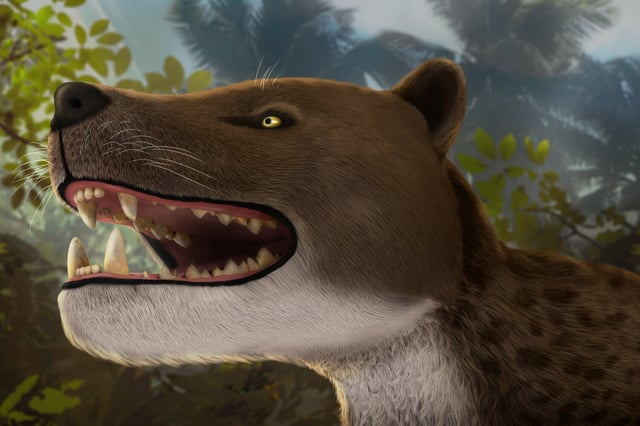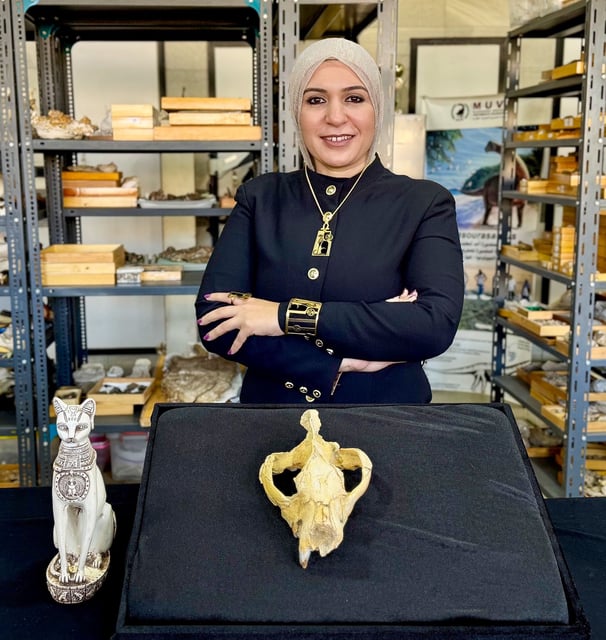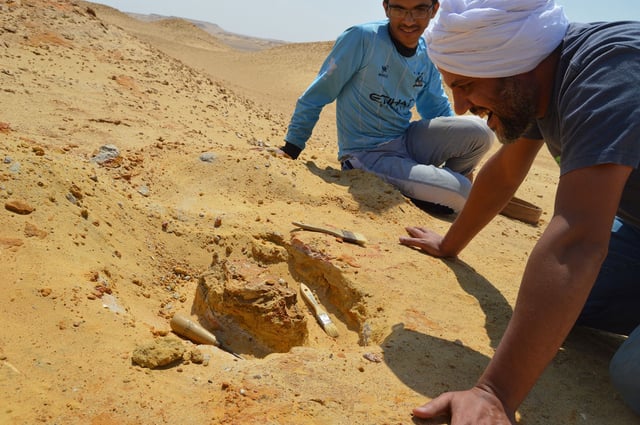Overview
- A nearly complete skull of Bastetodon syrtos, a leopard-sized apex predator, was discovered in Egypt's Fayum Depression, dating back to the early Oligocene Epoch 30 million years ago.
- The fossil belongs to the extinct hyaenodonts, a group of carnivorous mammals that predated modern cats, dogs, and hyenas, and dominated ancient food chains.
- Researchers named the species after the cat-headed Egyptian goddess Bastet, reflecting its short snout and sharp teeth, which were adapted for a powerful bite.
- The find provides new insights into the evolutionary history of African carnivores and the environmental changes that led to their eventual extinction.
- Comparisons with older fossils led to the reevaluation of another hyaenodont genus, Sekhmetops, linking both species to a lineage that originated in Africa.


